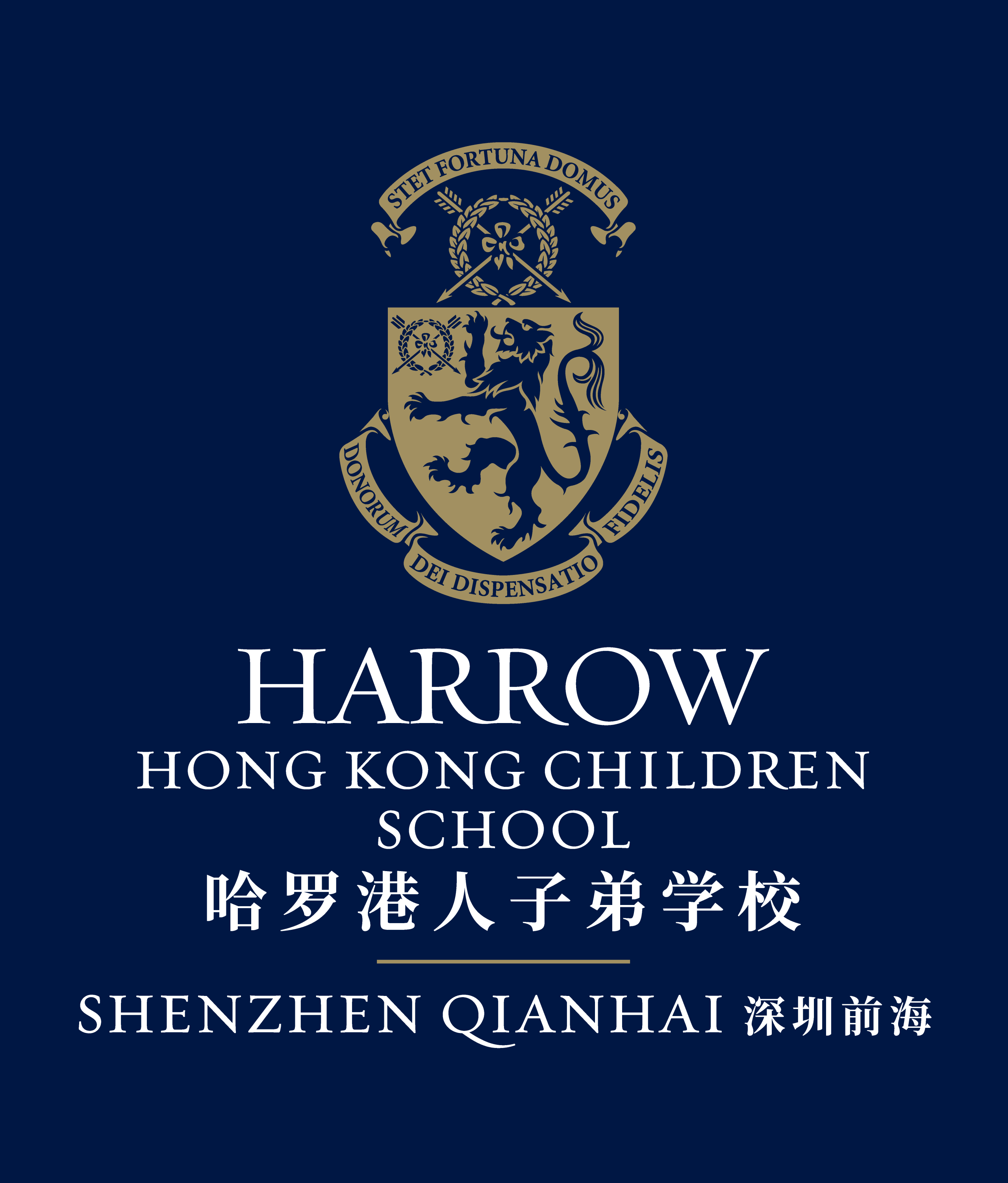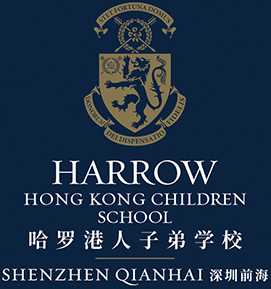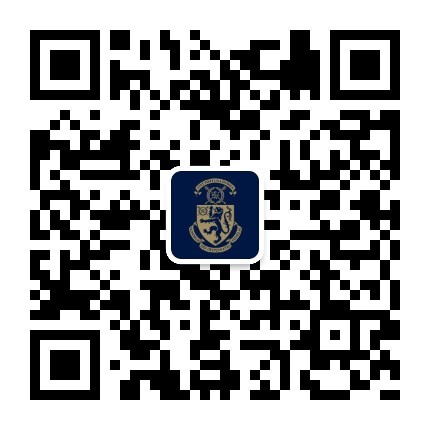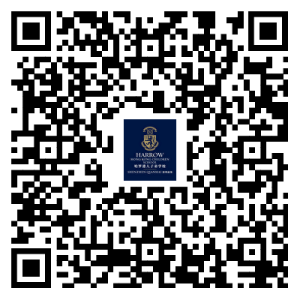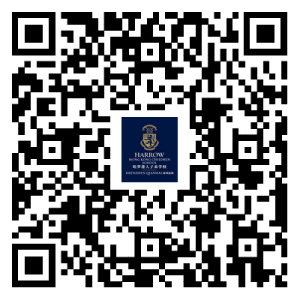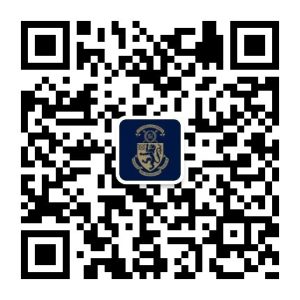At Harrow Hong Kong Children School Shenzhen Qianhai (HHKCS), we are dedicated to empowering every student to become bi-literate and trilingual with proficiency in Mandarin, English and Cantonese. With exceptional language skills, HHKCS’s students will be able to excel and make a significant impact in the diverse and multicultural environment, while broadening their knowledge and horizons. We believe such cultural and language fluency will be an invaluable asset, enabling our students to thrive personally and professionally whilst building important connections across the full Greater Bay Area.
By developing trilingualism, our approach promotes the principle of ‘International Mindedness’. Students will develop a strong sense of their own cultural identity, through the celebration of local and national festivals and extended opportunities to learn about the customs, traditions, and history of their heritage throughout the journey with HHKCS.
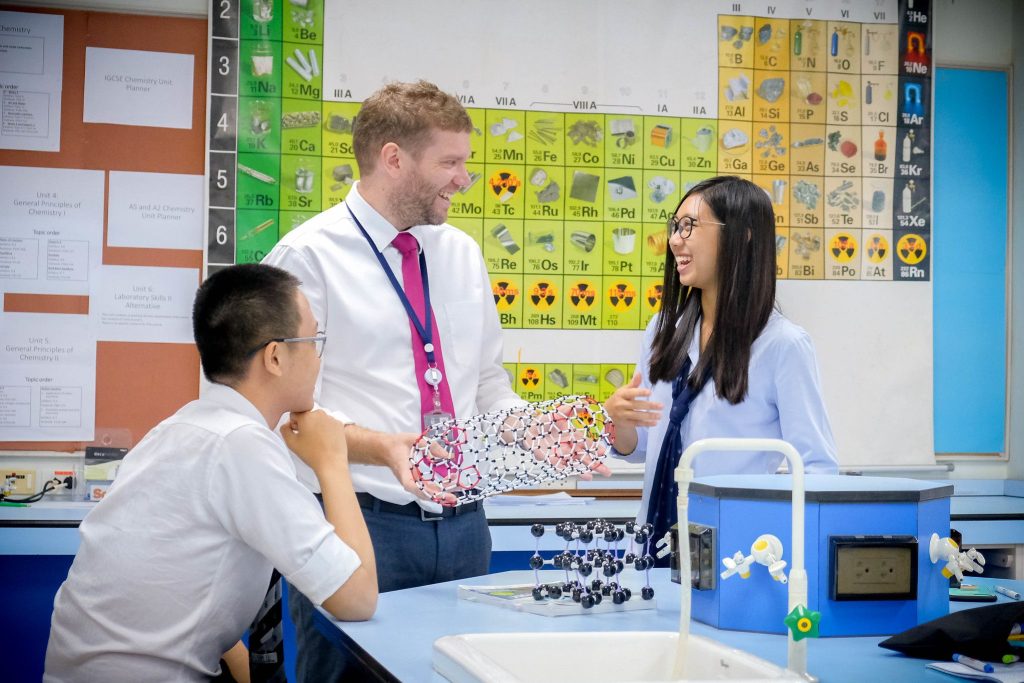
Our teaching faculty is comprised of highly experienced teachers who have obtained professional teaching qualifications in Hong Kong and possess relevant teaching experience in the region, and Native English Teachers (NET) who have a thorough working knowledge of HKEDB’s English Language Curriculum or Early Years Foundation Stage National Curriculum of England.
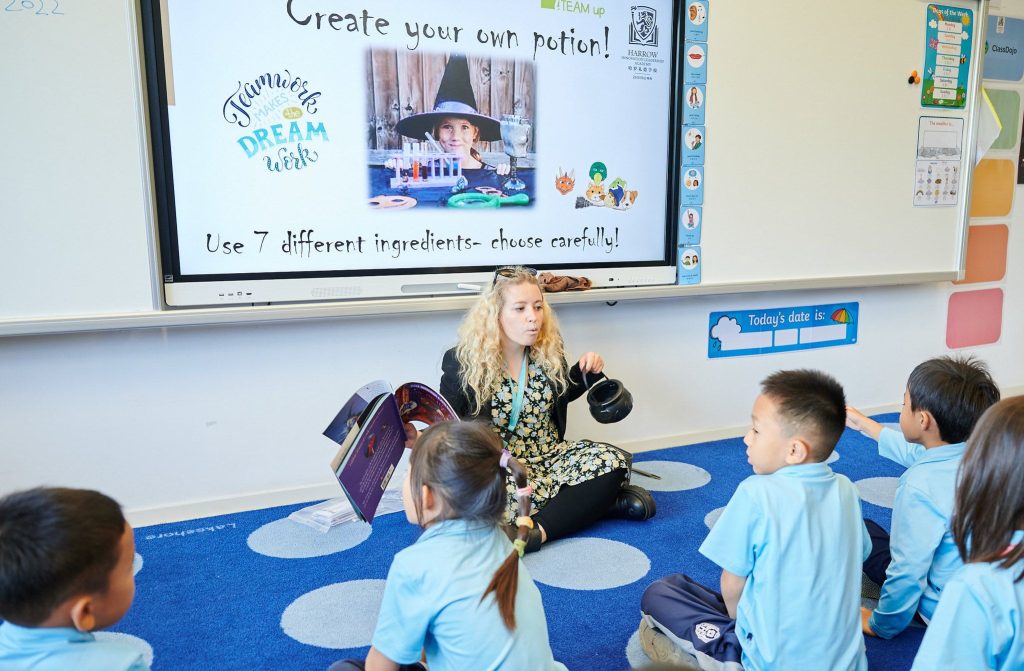
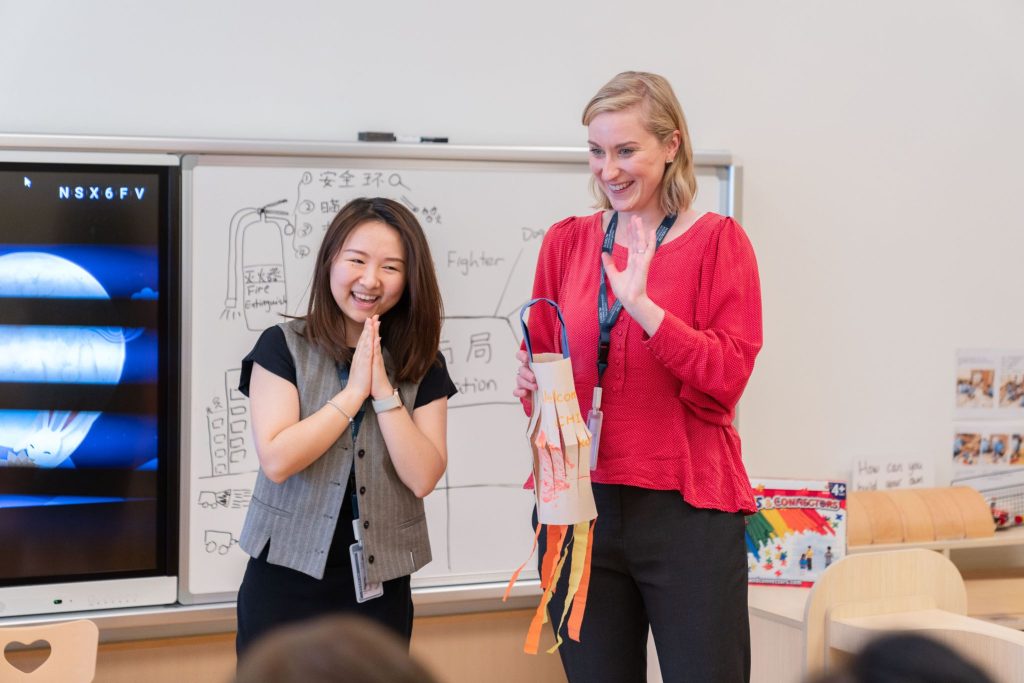
In the HHKCS Kindergarten sector, our approach will focus on strengthening the mother tongue as the foundation to learn the second and third languages. To prepare children for the Hong Kong Primary Curriculum, the primary learning languages will be traditional Chinese characters and English, in support of a massive quantity of reading and early literacy engagement in class to support all three languages. This approach requires us to establish and develop an environment that supports and celebrates all three languages and cultures to provide an accumulative approach that progresses through the kindergarten phases.
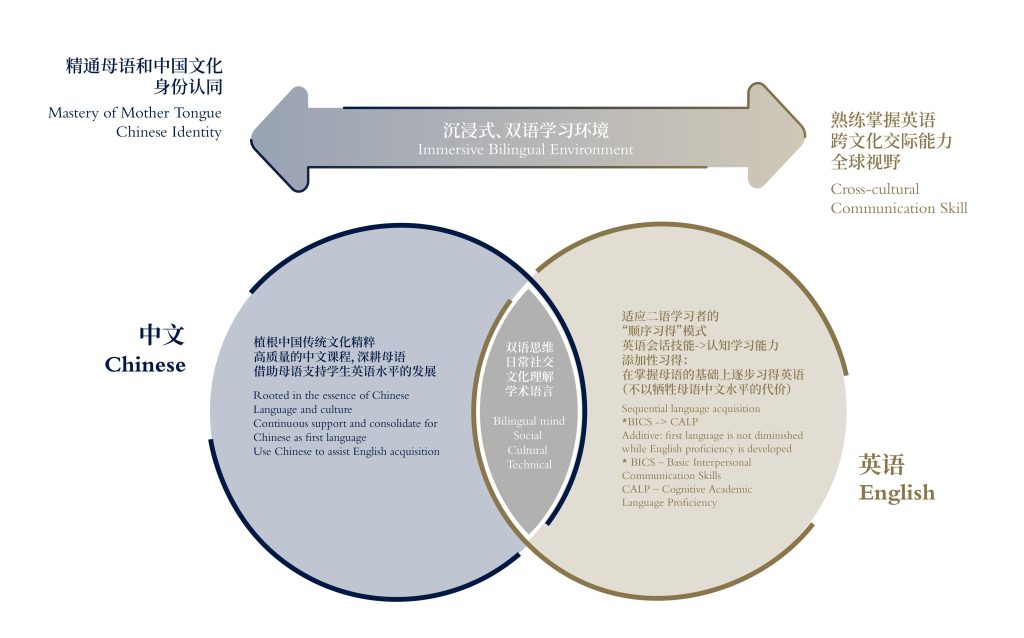
Our primary sector curriculum is crafted to cultivate exceptional communication skills and develop students’ deep appreciation for literature in both Chinese and English. In parallel, we provide personalized teaching assistance according to the student’s background and language proficiency. For instance, native Cantonese students may encounter difficulties in expressing themselves fluently in Putonghua during Chinese class. They will be allowed to speak a little Cantonese under the guidance of teachers and teaching assistants to learn Putonghua well.
Progressing to secondary school, students are encouraged and guided to practice their bi-literate and trilingual skills with higher fluency standards and apply them in more complex problem-solving scenarios, i.e. literary analysis.
